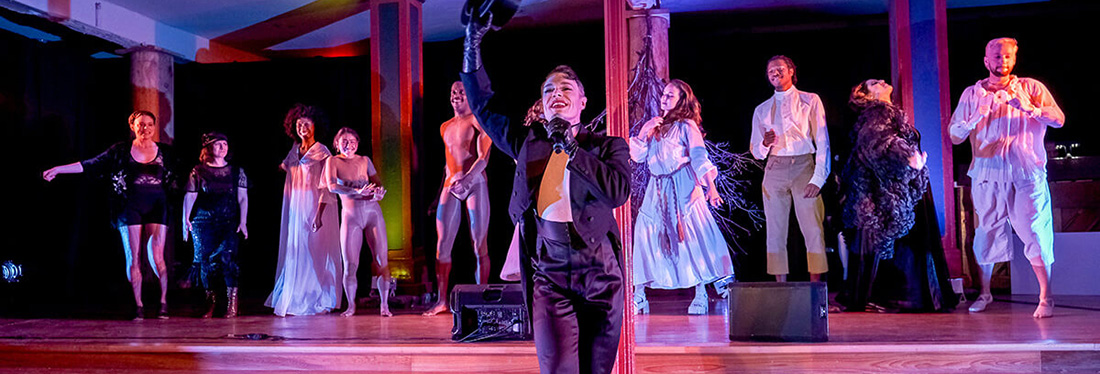
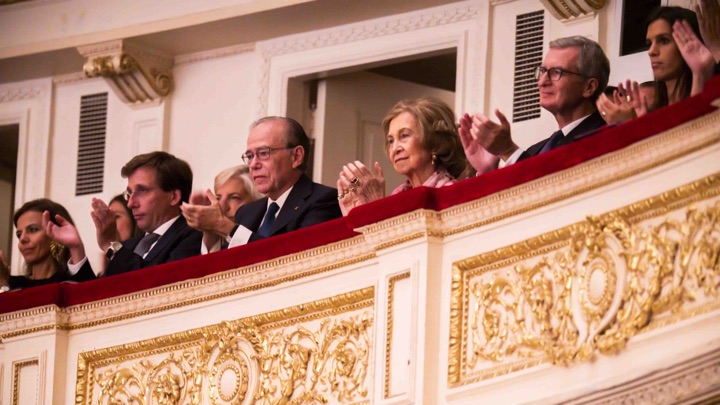
In recent seasons, the Teatro Real has increasingly become embraced as one of Europe’s finest opera companies and is threatening to eclipse Barcelona’s Liceu as Spain’s most important. During the harshest months of the pandemic, it rarely closed unlike most opera houses worldwide. Its COVID-flavored, pre-vaccination La Traviata during the summer of 2020 was one of the first anywhere to dare to put singers back on stage.
Perhaps then it wasn’t too surprising that the company might want to venture across the Atlantic to strut its stuff. However, the Carnegie program featured nothing operatic at all. True, soprano Sabina Puértolas performed four zarzuela arias but zarzuelas aren’t traditionally performed at the Real but at Madrid’s Teatro de la Zarzuela. Otherwise, we got what a friend described as good number of 20th century “chestnuts” by De Falla and Albéniz performed by the opera company’s orchestra conducted by Juanjo Mena.
The Orquesta Sinfónica de Madrid must be a large ensemble as it functions not only as the band for the Real and the Teatro de la Zarzuela but also performs a symphonic season at the Auditorio Nacional de Música. Maestro Mena, whose brother Carlos is a celebrated countertenor, has no long association with the Real, having performed there just this year with a production of Honegger’s Jeanne d’Arc au bûcher. But he was presumably tapped for the gala for political-cultural reasons over the orchestra’s principal guest conductor Ivor Bolton.
Though mercifully there were no speeches, the inordinately long evening, which began at 8:30 (!) and lasted past 11, felt as much a social event as a musical one. On the parterre level of Carnegie, I heard no English at all and many in the snazzily-dressed audience clearly knew one another. Enthusiastic applause after movements interrupted familiar pieces that included two suites from El sombrero de tres picos, Noches en los jardines de España and Suite Iberia.
Mena led his forces with vigorous enthusiasm and they vibrantly responded although more finesse would have been welcome in the quieter moments. The strings (which boasted more than the usual eye candy quotient) played sumptuously but the winds and particularly the brass were more erratic. Pianist Javier Perianes, soloist for Noches, was unusually percussive missing some of the subtleties others have brought to the piece. One doesn’t often hear these works in New York, but hearing one after another proved to be too much of a good thing.
Although it was suggested to me that Puértolas was making her US debut in this concert, it was instead simply her first local performance. She had previously appeared in 2007 with the Los Angeles Opera in Doña Francisquita and a decade later as for the Seattle Opera as Rosina in Il Barbiere di Siviglia.
She may be best known internationally for performing baroque music, and she’s Dalinda on Alan Curtis’s celebrated recording of Ariodante co-starring with Joyce Di Donato and Karina Gauvin. She starred in the title role of Handel’s Partenope at the Real just last year and will be featured in one of this season’s most important revivals: as Teagene in the postponed modern premiere (a March 2020 casualty) of Francesco Corselli’s Achille in Sciro from 1744.
She also performs frequently at the Teatro de la Zarzuela and displayed an idiomatic verve in her bouncy arias by Vives, Sorozábal, Nieto/Giménez and Chapí. However, her medium-sized soprano seemed to have lost some of its luster. Perhaps she was straining to be heard in Carnegie’s large expanses as the lowest notes failed to carry and some of her higher notes tarnished. It was then startling that she easily tackled the very high acuti that dotted the Vives and Sorozábal pieces.
At first I wondered if she might be pregnant when she first appeared clad in a billowing sheer oversized garment, but she had removed it when she later returned in a tight form-fitting white gown for her final aria and encore. Although she enthusiastically bounced and wiggled winning her huge ovations, I wished she’d have put more care into her singing which could be rough and hectic. All in all, perhaps not the New York debut the Spanish diva might have wished for.
Will there be a Second Gala Concert of the Royal Opera of Madrid in New York City? And if so, will it include some opera?! Perhaps Queen Sofía knows.
Photos by Chris Lee
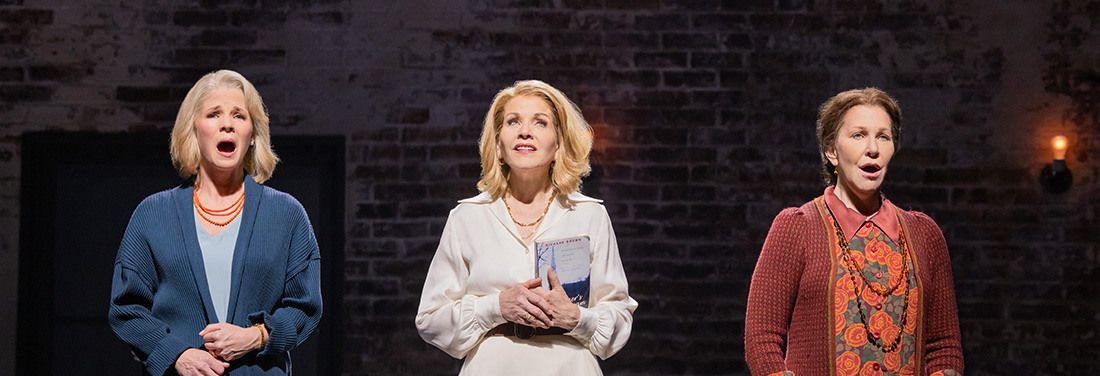
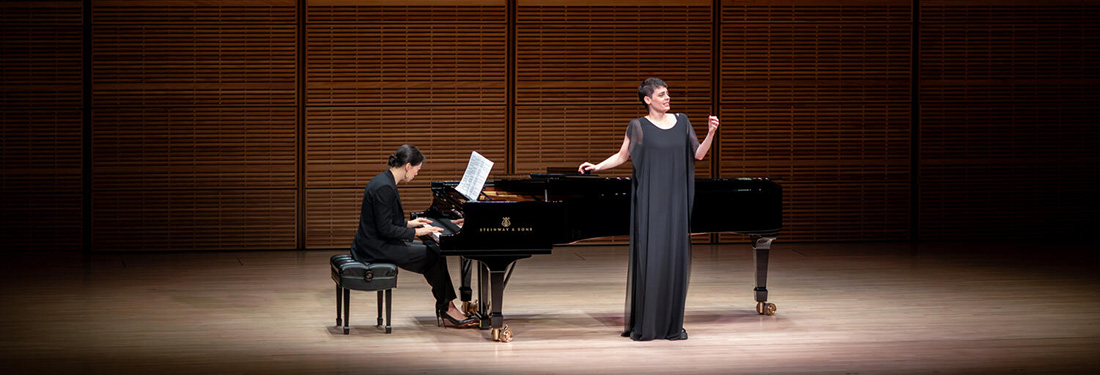
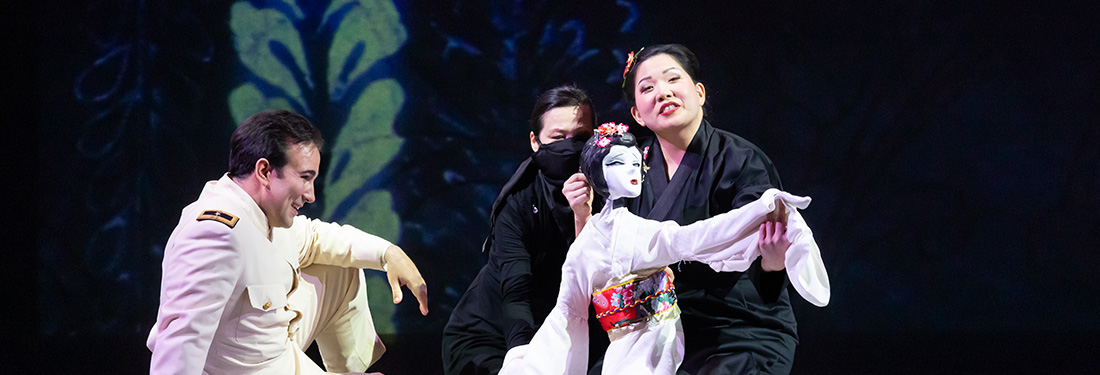

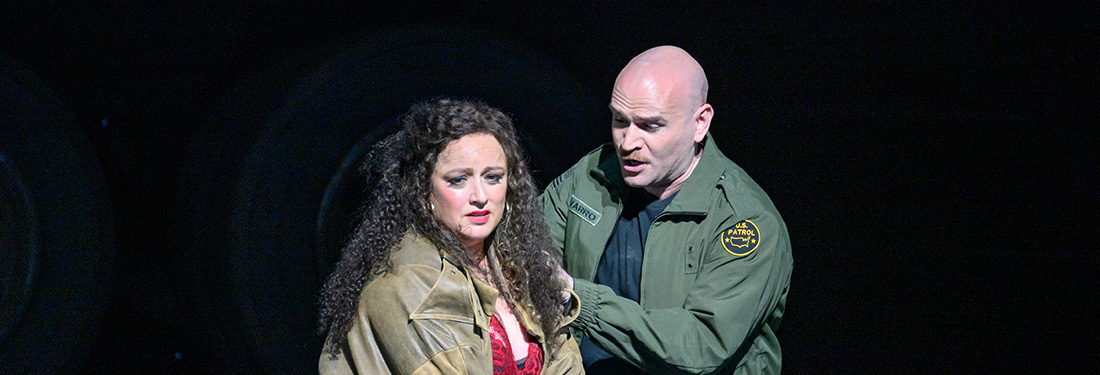
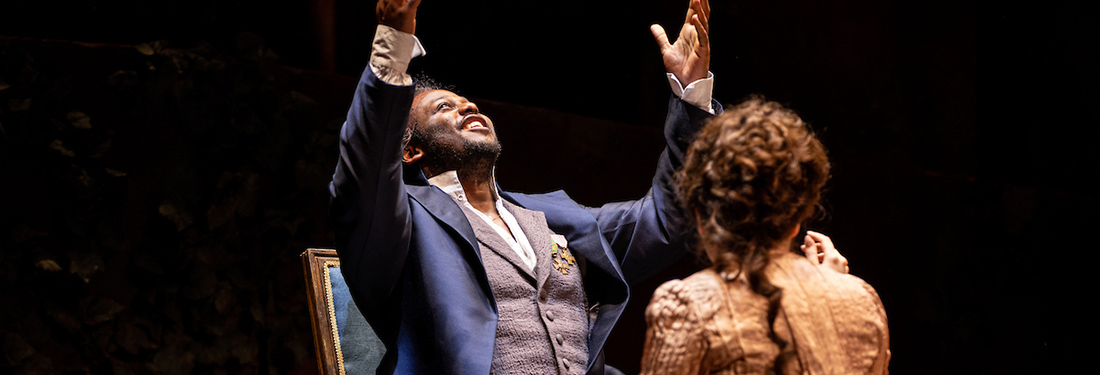
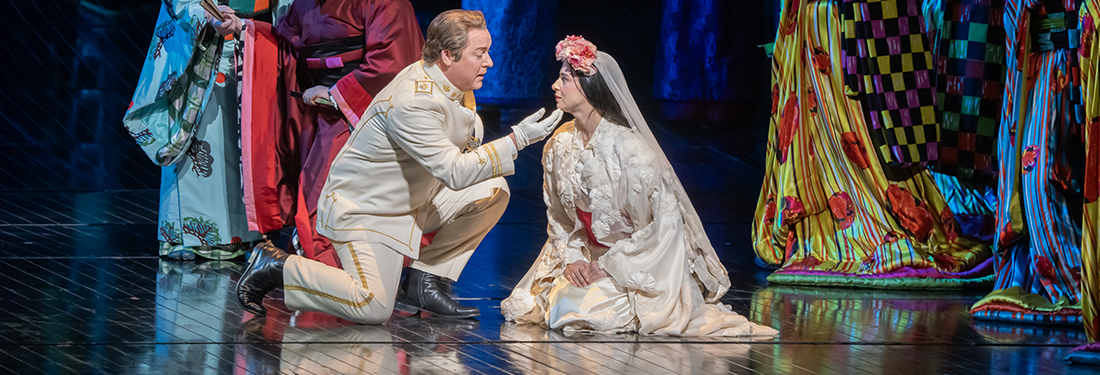
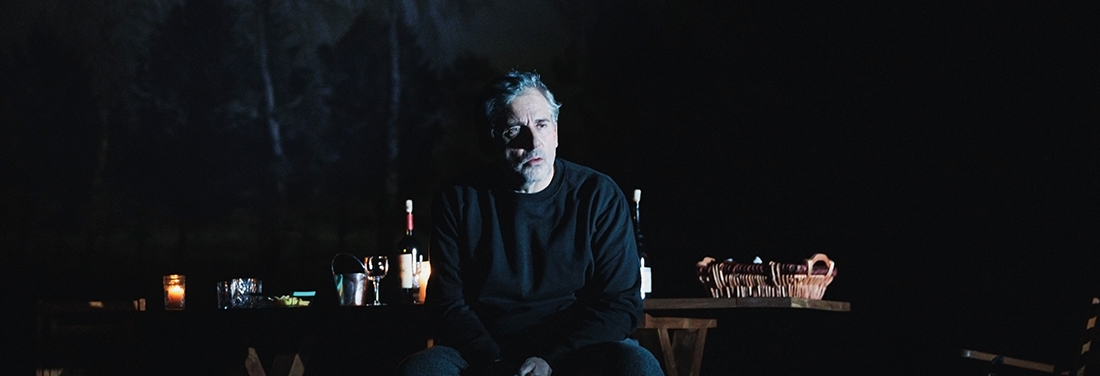
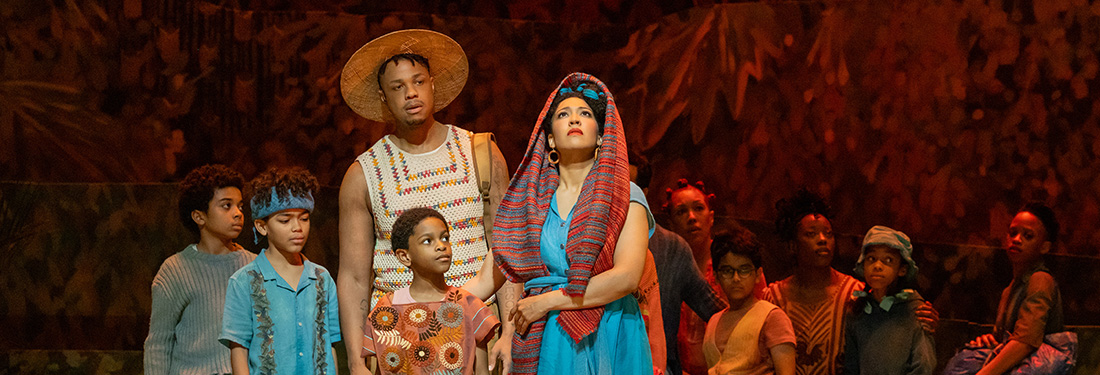
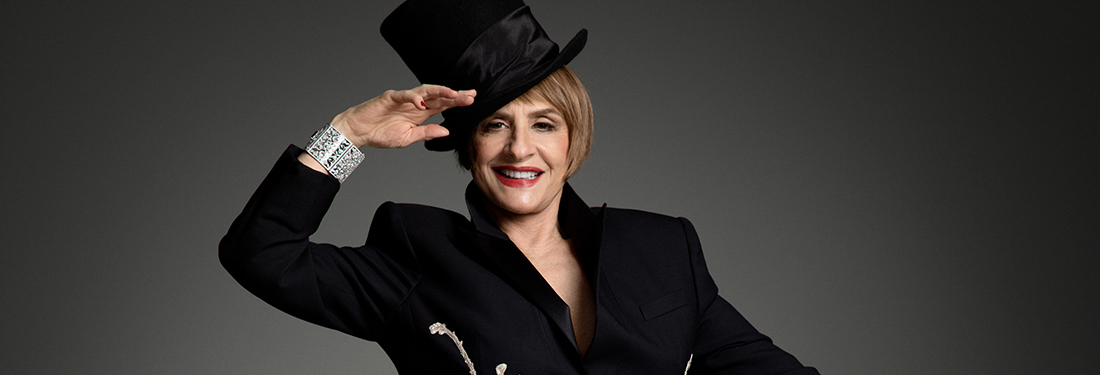
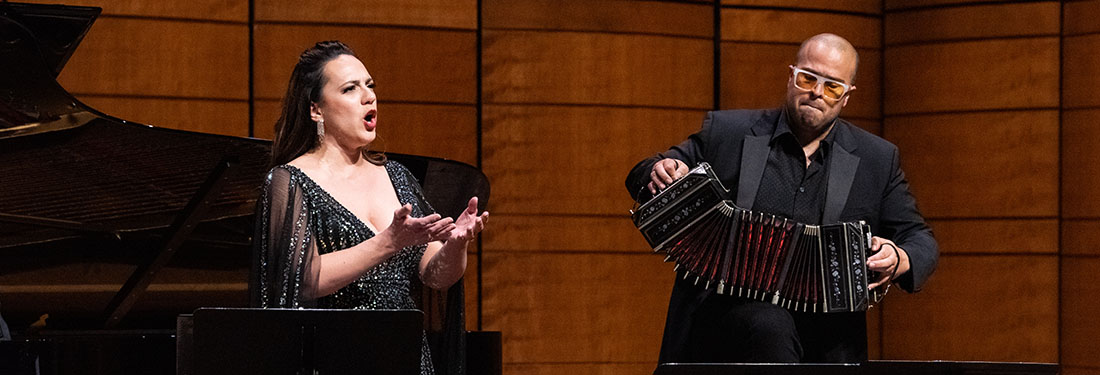
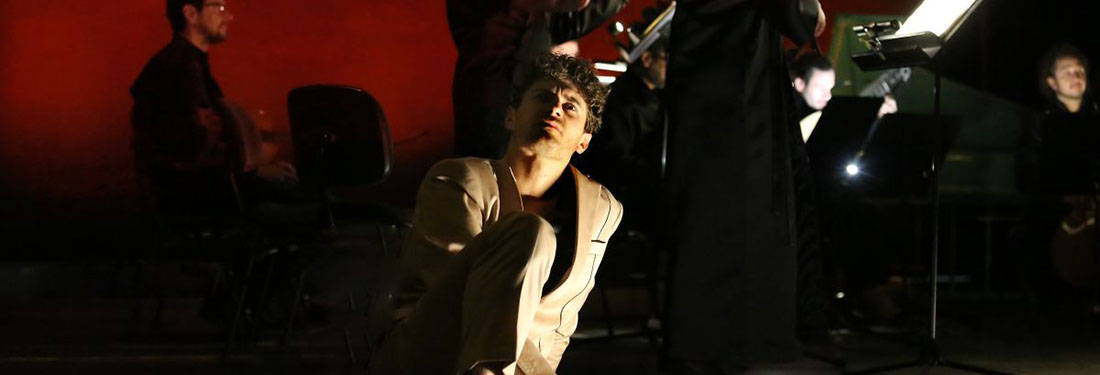
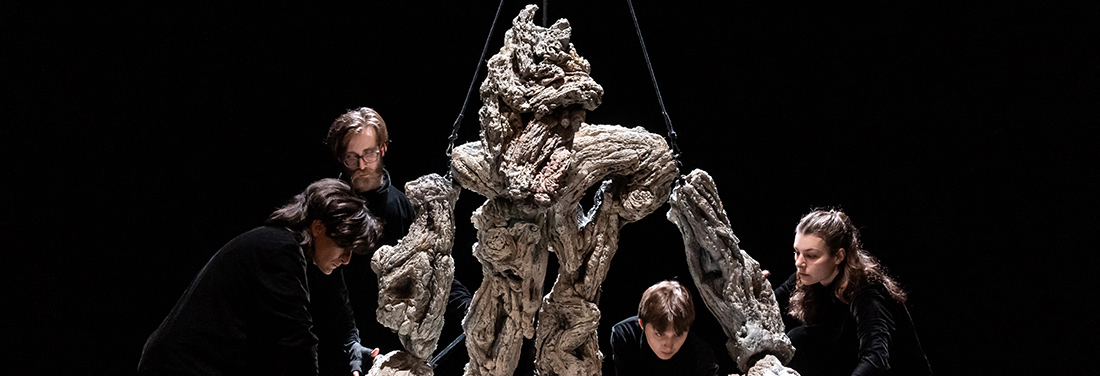
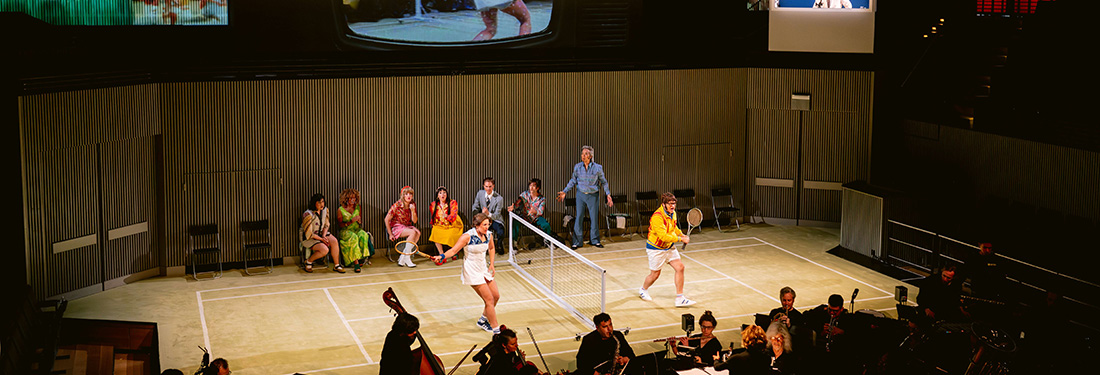
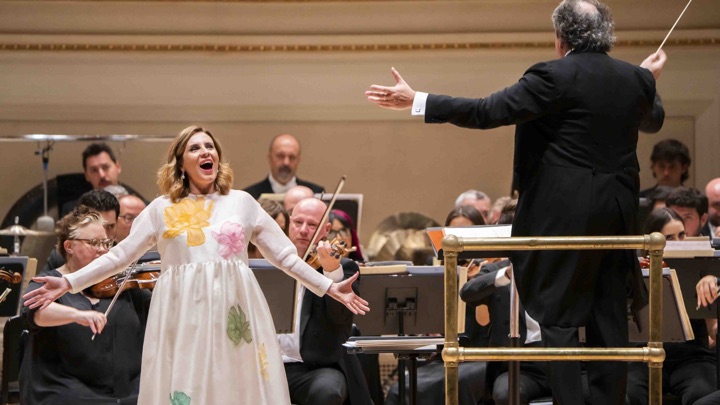
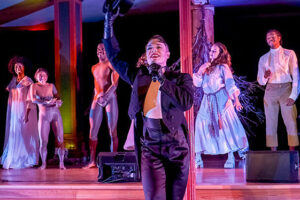
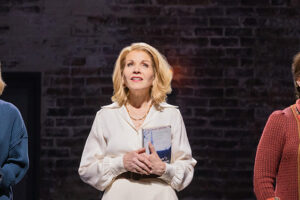
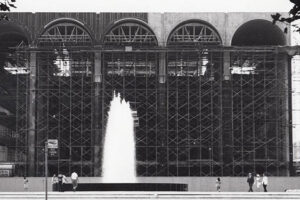






Comments